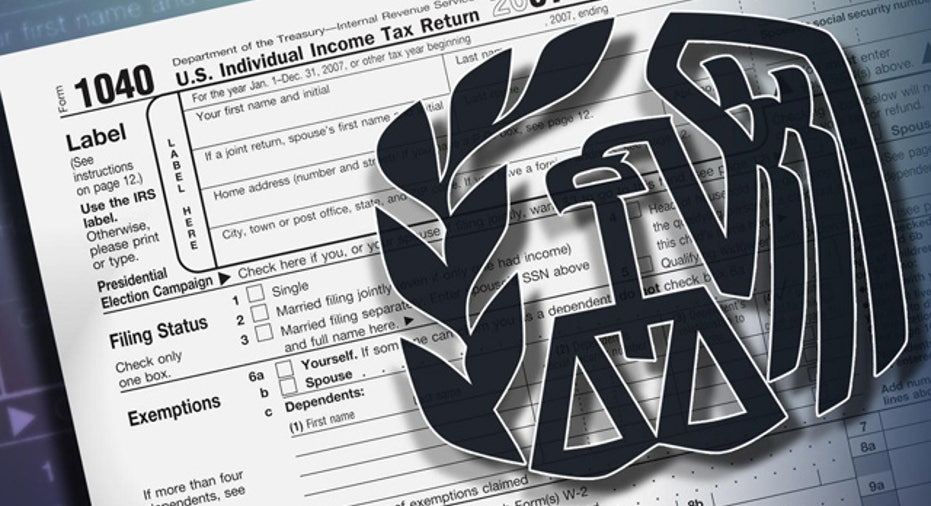Will Your Business Return Be Audited?

Nothing sends small business owners into nail-biting mode than news that they’re being audited. Even if you have all your ducks in order and can defend your deductions and support your income, the process is still time-consuming, costly and nerve wracking.
There’s no way to determine exactly what brings about an audit, but there are common red flags and IRS data that show the frequency of audits performed in 2012 by return type.
First of all, in 2012 there were more than 143 million individual income tax returns filed, and 1% of these returns were audited that year.
When it comes to business returns however, the odds of being audited increase. Many of those 2012 individual returns contained a Schedule C, Income and Expenses for sole proprietors. Audit risk also rises depending on how much income your business generates. For example, if your Schedule C lists gross receipts under $25,000, your odds of being audited are 1.2%, just a little bit higher than those for individual returns without business income. The odds double to 2.4% when gross receipts exceed $25,000 up to $100,000. Once small business owners bring in more than $100,000 and up to $1 million in gross revenue, their odds of landing in the hot seat increase by 3.6%.
Believe it or not, it’s the big fish that get audited more often. If a Schedule C shows more than $1 million in sales, the odds of being audited rise to 12.1%. If you are in this situation, I would suggest discussing incorporating your business with your attorney and tax professional. This move doesn’t just minimize your audit risk but it also allows you to take advantage of potentially lower tax rates and limits liability.
When it comes to corporate returns, during 2012, 17.8% of large corporations with more than $10 million in assets were audited. And once assets exceed $20 billion, you can pretty much be guaranteed that you will be audited. In 2012, 415 out of the 446 corporations in this category were audited--that’s 93%.
These statistics relate to the pick of the draw random audits. Yours may be hand selected. Why? Here are some reasons:
1. Mismatch of income to 1099 totals. If you provide services to clients and receive Form 1099 declaring your income for the year, know that the IRS gets a copy of each 1099 you receive. If the total sales shown on Schedule C is less than the total of all 1099s that were issued, the IRS will come knocking.
2. Exceeding industry standards. The IRS has a listing of average expenses to income for each industry classification. If your expenses are significantly higher, they will select you for audit to find out why. But if you have documentation and proof of expenses that show they are ordinary and necessary business expenses, then you have nothing to worry about.
3. Flagged expense items. Big numbers in categories like travel, meals, entertainment, and vehicle expense can raise eyebrows. Know the rules and be sure to keep all supporting documentation to prove the business intent of these expenses.
4. Self-prepared returns. There are more than 75,000 pages of tax code. Even tax professionals specialize in certain fields and refuse to take on tax returns or certain types of transactions because of the complexity involved. Once you become self-employed, the ante goes up; there is so much more to know about the tax code, more than can be dealt with through a Q & A session with tax preparation software designed for the individual filer. The IRS knows that there will likely be a lot of mistakes on self-prepared income tax returns that include a Schedule C. Therefore, many of those are pulled for examination.
You can find complete statistics for 2012 at IRS 2012 Data Book.



















